Want to see your rose bushes laden with big, fragrant flowers? For this–Put these 10 Things in Your Rose Planting Hole.
Roses are surely the most popular flowers, and if you’re planning to grow them too, there are several ways to ensure your plants bloom beautifully.
By adding a few key ingredients to your planting hole, you can boost your rose’s flower production and overall health.
Things You Should Put in Rose Planting Hole for Best Flowers
1. Fish Head
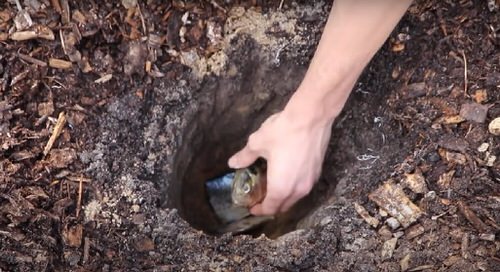
Add a fish head to the soil at the time of planting. It’s high in nitrogen and also provides steady traces of calcium, magnesium, chlorine, sulfur, and sodium for a long time, which results in better and bigger flowers!
The best part is that bacteria, earthworms, and fungi easily digest it. This microbial activity around the plant’s roots greatly benefits growth and flower production.
How it Helps Roses?
One fish head per planting hole each growing season will help the plant grow lushly and will increase the production and size of the flowers significantly. Read more fish head benefits for plants here!
2. Dry Banana Peel Powder
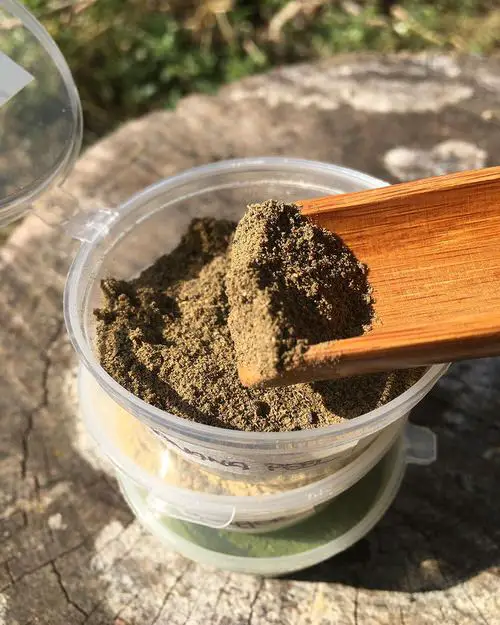
Sun-dry some banana peels. Once done, grind them enough to form a powder. Add 2-4 tablespoons in a planting hole before planting the roses.
Banana peels contain 42% potassium, which is really high compared to the manure’s 0.5% only. They are also rich in phosphorus, calcium, iron, and magnesium, which result in ample flowers.
How it Helps Roses?
The potassium content in banana peels is best for the size and development of any flowering plant, which helps it to grow more blooms.
3. Epsom Salt
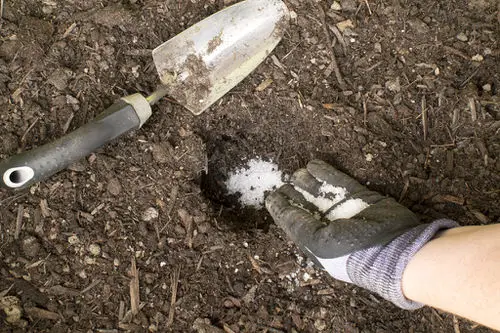
The application of Epsom salt assists in the production of chlorophyll, which helps in the bushier growth of the roses. Adding Epsom salt in the hole at the time of planting also helps in reducing the transplant shock.
Add a small teaspoonful to the planting hole at the time of planting roses.
How it Helps Roses?
It is the number one product when it comes to making the plant bushier with more canes for flowering. Find how Epsom Salt benefits in growing more roses.
4. Alfalfa
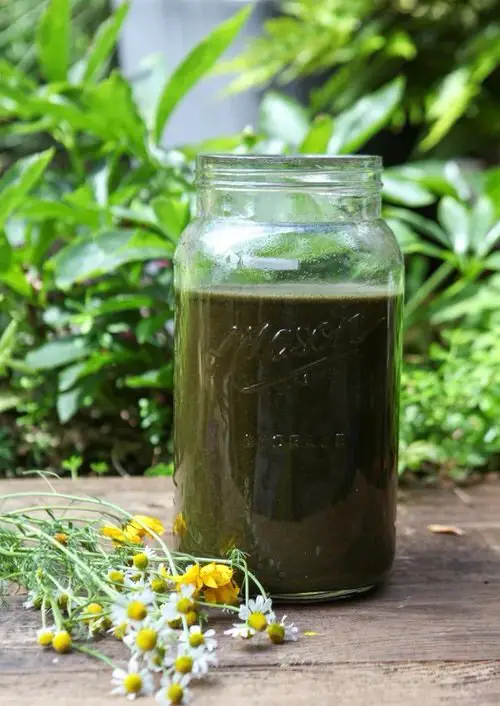
Provide more nutrition to your roses by adding half a cup of alfalfa meal to the plants. You can also boil it in the water and use it to water the plant after diluting it with 2 parts of water, once in 3-4 weeks.
As alfalfa is rich in nitrogen, calcium, iron, magnesium, phosphorus, zinc, and vitamins (A, D, B1, B6, E, K, and U), it will help in the overall growth of the plant, while making the rose shrub more resistant to diseases.
How it Helps Roses?
Alfalfa is the number one treatment for roses with colorful and full petals. It also helps in buds formation.
5. Coffee Grounds and Tea Bags
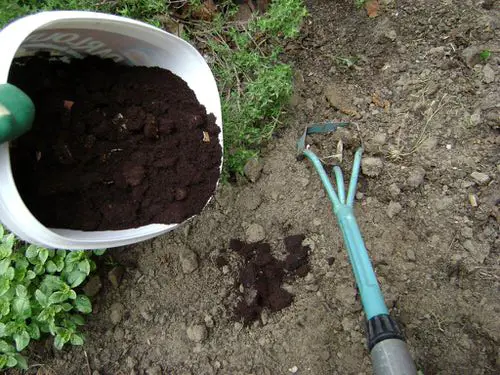
Roses like nitrogen with acidic soil and coffee grounds does both. Add 1-2 tablespoons per planting hole.
You can also use half a cup of black coffee per plant once every 2 to 3 weeks.
Teabags can also be used as they contain around 4.15 percent nitrogen that nourishes the soil. Tea leaves improve the soil structure and increase drainage as well. Add a couple of used teabags per hole or 2-3 teaspoons of tea leaves per planting hole.
How it Helps Roses?
Used tea leaves and coffee grounds improve soil structure and aeration. Check out some surprising uses of coffee in your garden.
6. Egg Shells
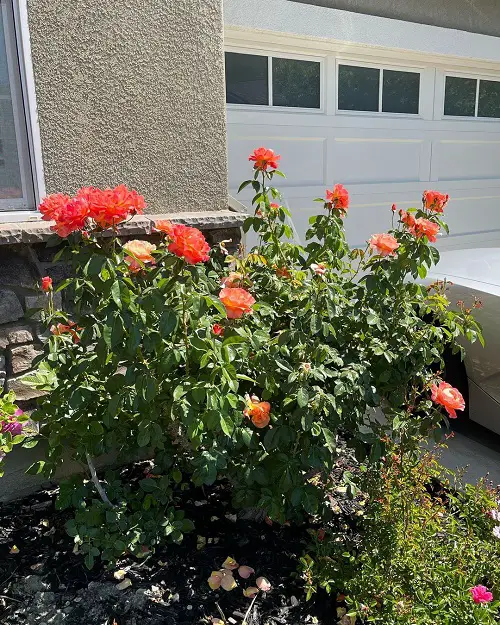
Eggshells have more than 95 percent of minerals, mainly calcium carbonate (34-38%), which is an important plant element needed for overall growth and strong flowers.
They also help in strengthening the tissues of the rose plants. Simply crush the 4-6 eggshells finely and add to the rose planting hole.
How it Helps Roses?
It helps in making the stems of the plant sturdy, which makes it fight off diseases and pests. This results in well-established plants.
7. Bone Meal
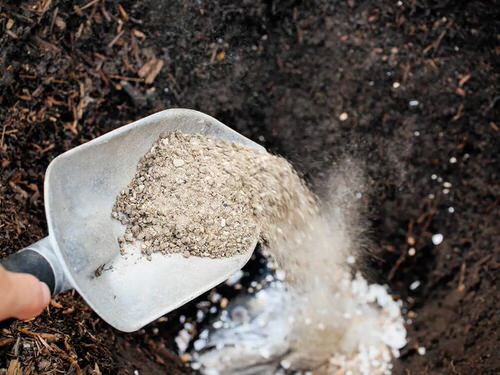
Bone meal is a rich source of phosphorous (18-24%), nitrogen (0.7-7%), and calcium, which helps the rose plants to produce more flowers. Also, it helps in balancing the amount of nitrogen and other nutrients in the soil.
Add a small cup of bone meal in the hole per plant and water well. As it is rich in phosphate, which roses require more than other plants, bone meal will boost overall growth while promoting lush foliage and blooms.
For mature rose plants, you can apply 1/2 cup of bone meal around the roots during each spring.
How it Helps Roses?
It helps in root growth, which results in a better intake of nutrients in the plant, resulting in more and bigger flowers. Learn How to Use Bone Meal on Plants
8. Blood Meal
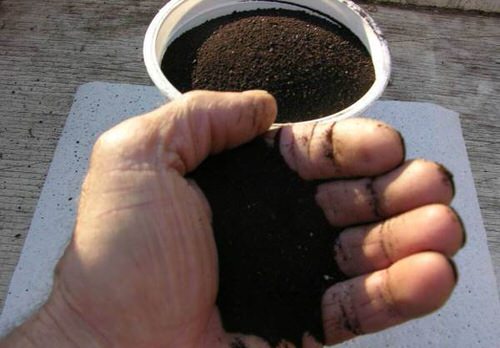
A blood meal is rich in nitrogen, iron, essential minerals, and enzymes, which help the rose to carry out metabolism and photosynthesis. Add two tablespoons to 1/4 cup per planting hole for super vivid flowers!
Its high nitrogen content also acts as a pest deterrent.
How it Helps Roses?
It is one of the best ways to boost plant growth, which can considerably reduce the time it takes to flower.
9. Aspirin

Aspirin contains salicylic acid, which enhances the immune system of plants that helps them in combating pests and microbial attacks. This prevents the formation of fungus, leading to increased root growth.
Adding 1-2 aspirin tablets in the planting hole would be just fine. You can also crush four aspirin tablets, mix in 2 gallons of water, and use this solution as a foliar spray for healthy growth.
How it Helps Roses?
It helps improve nutrient intake and water flow in the plant, which makes flowers bigger and helps them bloom for a longer period of time.
10. Neem Cake
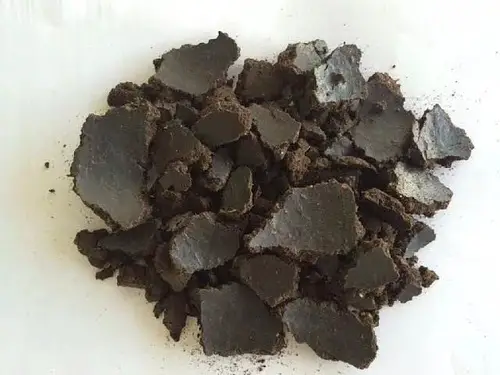
Adding 2-4 tablespoons of neem cake into the rose planting hole is the best way to ensure that the young plant stays resistant to different pests and soil-borne diseases.
Neem cake is also a great source of nitrogen, phosphorus, and potassium, which enrich soil quality and enhance productivity. It also contains calcium, copper, iron, magnesium, sulfur, and zinc.
Not only this, it also improves the texture of the growing medium while enhancing the aeration for better root development.
How it Helps Roses?
It keeps the plant safe from pests and fungal attacks while making sure it continues to bloom for a long.
Which one of these soil amendments you’d like to try when planting roses? Share in comments!

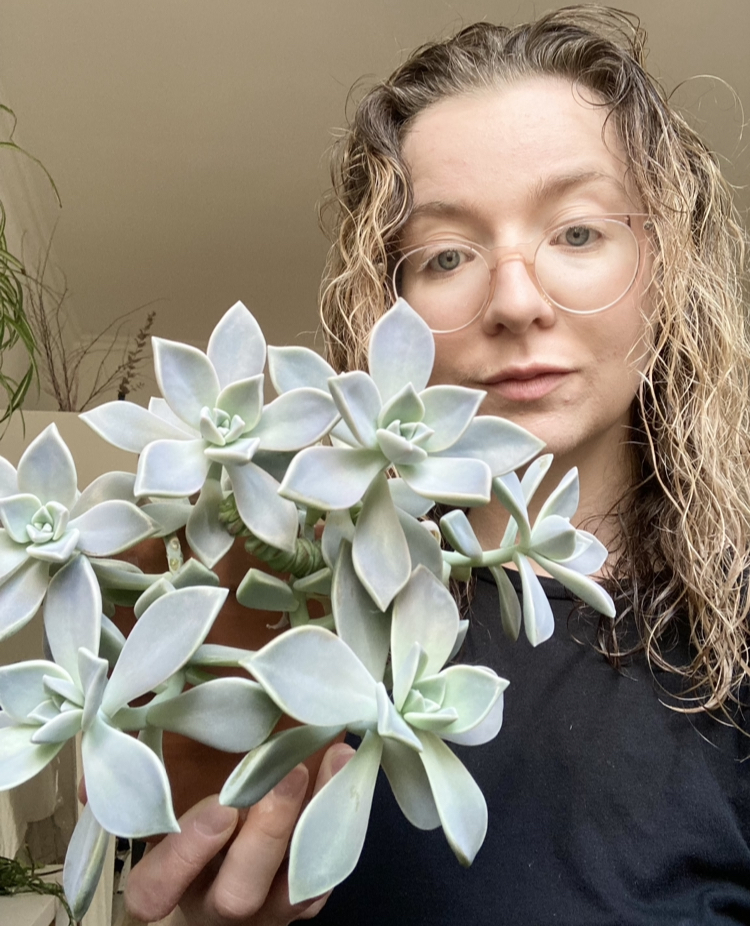
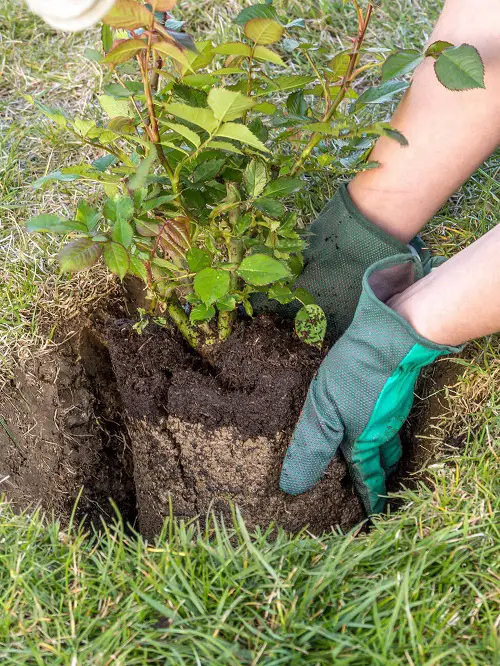

There is a rose near the house in the front garden, and I want to plant a few more bushes this year. Your recommendations will be very useful to me! Last year in the village I heard grandmothers talking about how once a year in spring they bury a herring or mackerel carcass under each tree. They say it is the best fertilizer for the garden. This is very unaccustomed to me. But my grandmothers had everything in the garden in bloom, had a great harvest. You also wrote that the fish head in the soil will have a positive effect on the plant. I would like to hear the opinion of an expert about fish fertilization – is it a myth or the truth?
Although I have always had problems selecting valid exemplification essay topics, now I know how to deal with them. Thanks to the service, I do not waste time looking for appealing paper themes. Only the best ideas and quality samples.
https://superbgrade.com/blog/50-good-exemplification-essay-topics-ideas
I didn’t have any expectations concerning that title, but the more I was astonished. The author did a great job. I spent a few minutes reading and checking the facts. Everything is very clear and understandable. I like posts that fill in your knowledge gaps. This one is of the sort.